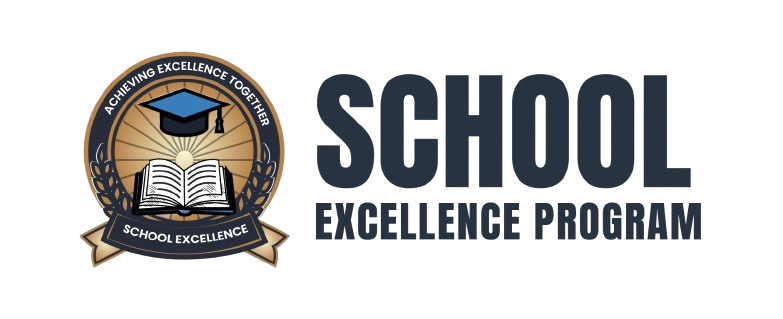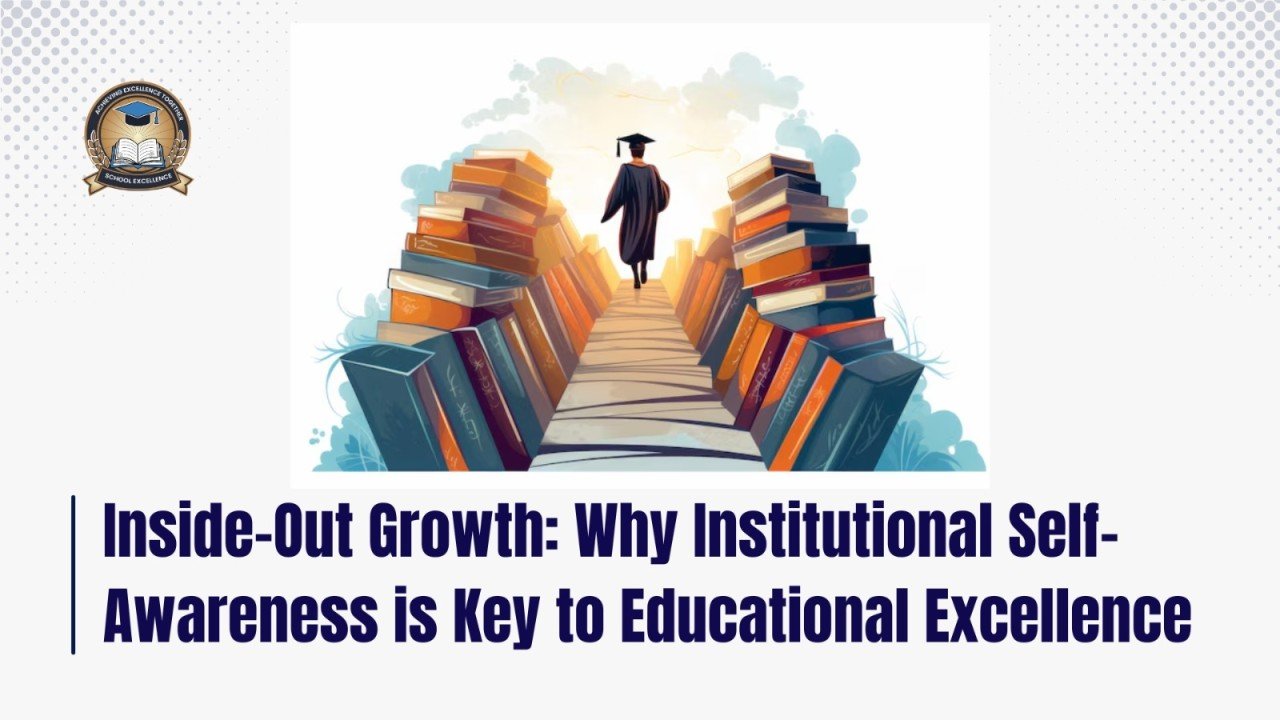Inside-Out Growth: Why Institutional Self-Awareness is Key to Educational Excellence
In an era where schools are competing not just for academic results but also for holistic development and reputation, one powerful idea remains underrated—institutional self-awareness. Just as self-awareness is crucial for personal growth, it is equally critical for the evolution of any academic institution. When a school truly understands its strengths, weaknesses, values, and aspirations, it positions itself for sustainable growth, higher student engagement, and stronger community trust.
What is Institutional Self-Awareness?
Institutional self-awareness is the ongoing process of introspection and reflection by a school to understand how it operates, what it stands for, and how effectively it delivers on its educational mission. It means being honest about what is working—and what isn’t. From classroom performance and staff satisfaction to parental involvement and operational efficiency, self-aware schools regularly audit their practices, feedback systems, and results to ensure they are on the right path.
This self-awareness creates a feedback loop that allows institutions to adjust, realign, and grow from within. It is not reactive but proactive—a mindset that drives innovation and resilience.
Why Does It Matter?
Most schools focus heavily on external benchmarks—academic scores, board results, infrastructure—but rarely look inward. However, real excellence stems from aligning internal systems, culture, and vision. A school might have smart classrooms and a sprawling campus, but if the faculty is disengaged or student feedback is ignored, excellence will remain elusive.
Self-aware institutions are better at:
- Identifying root problems rather than treating surface symptoms
- Encouraging a culture of accountability and collaboration
- Fostering innovation by learning from failures and successes alike
- Building trust among staff, students, and parents through transparency
The Role of the School Excellence Program
This is where structured initiatives like the School Excellence Program come into play. It offers a strategic framework that guides schools to become more self-aware and results-driven. By starting with a thorough internal diagnostic, the program helps school leaders evaluate key areas such as curriculum effectiveness, HR systems, event planning, regulatory compliance, and parent communication.
Once gaps are identified, the program doesn’t just provide fixes—it helps develop long-term solutions through research, optimization, professional development, and strategic planning. It ensures that the school’s growth is authentic and aligned with its core mission.
A Culture of Reflection
Self-awareness must be embedded in the school’s culture—not just in leadership but across all levels. Teachers should reflect on teaching practices, students on learning styles, and administrators on decision-making. With this inside-out approach, schools don’t just meet expectations—they redefine them.
Final Thoughts
Educational excellence is not an accident. It is a result of intentional, reflective practice. Schools that commit to understanding themselves are better equipped to evolve, inspire, and lead. As the educational landscape continues to shift, institutional self-awareness will remain the key differentiator between schools that merely survive and those that truly thrive.

